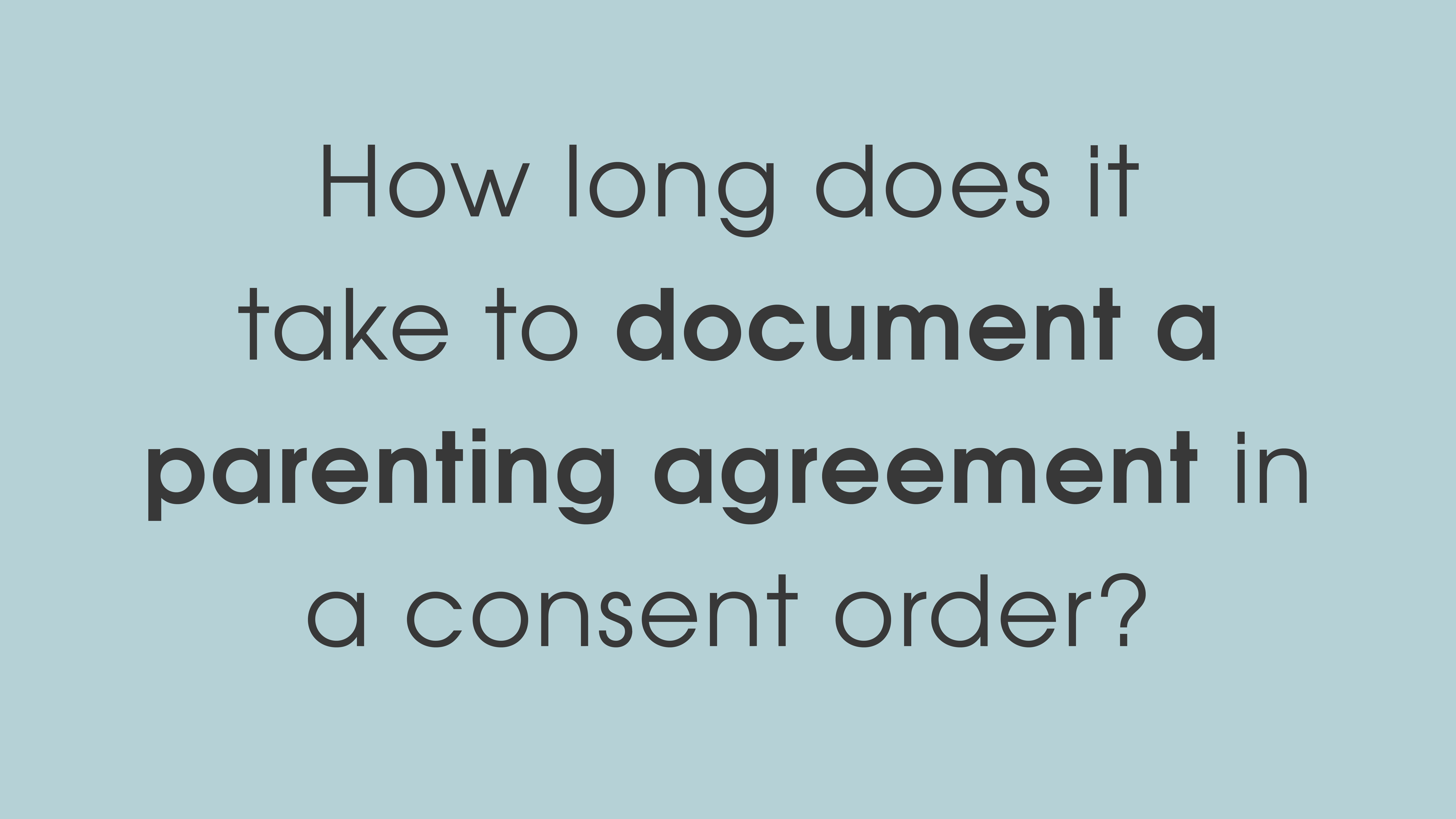How do I file my family court documents during COVID-19?

COVID-19 – Family Law
How do I file my family court documents during COVID-19?
Dealing with your family law matter is stressful on any given day. Add in requirements for social distancing and social isolation and it can be more stressful. Not only are you potentially dealing children at home and chaos in the supermarkets – you now need to work out how to see your lawyer and sign your affidavit or consent orders.
The Family Court of Australia and the Federal Circuit Court of Australia have issued a direction about how documents can be managed during the COVID-19 pandemic. This includes your affidavit, financial statement and even consent orders. It is an extremely helpful resource and will be a relief to those who are unable to leave their homes.
A summary of the key parts of the joint practice direction are:
- All documents must be filed electronically via the Commonwealth Courts Portal.
- If a document is unable to be filed electronically it must be emailed to the Court for filing. The court will not accept hard copies of documents.
- If you need to inspect documents which have issued by subpoena you must contact the Registry and ask for permission to view the documents. Lawyers and parties should only make appointments to view documents if the matter is critically urgent.
- It is the usual practice in the Family Court (as opposed to the Federal Circuit Court) that annexures are not attached to the affidavit, just made available on the day of the hearing. Now, provided the annexures are not greater than 2cm in width the annexures should be attached to the affidavit and filed electronically. If the documents are greater than 2cm in width, then you can contact the case-coordinator.
- This next point is a significant change and probably the most practical. Documents, including affidavits, financial statements and consent orders can now be signed electronically, including having the person signing the document type their name in the relevant space in the signature block in lieu of physically signing the document.
- If parties are unable to sign affidavits with their lawyer or a qualified witness, then the Court will accept those documents which have been signed without a witness and then arrange to swear the contents (confirm the truth) when the matter is next before the Court.
We have many matters where we are assisting clients to resolve their matters. These new directions will assist greatly in being able to ensure that clients can efficiently sign their consent orders and other court documents which have been prepared electronically.
We have special processes in place to ensure that documents are appropriately signed and there are no issues of fraud or duress which may arise. We acknowledge that electronically signing documents through programs such as DocuSign can have implications and we will talk with individual clients about our requirements there.
If you would prefer to attend and sign documents in person we can facilitate that. We do however understand the need to maintain social distancing and adhere to directives by the Government regarding social isolation during the COVID-19 pandemic. At this time lawyers remain an essential service pursuant to the Queensland Health directives. This means that it is okay for you to attend at our office when required. When you attend at our office for these engagements we practice the required social distancing and ensure that our office is cleaned after each engagement. We also space out any appointments we have to limit contact with others.
If you are not sure if this applies to your matter, or would like some further information about how we can assist you in preparing your settlement documents or consent orders, please contact us at 3343 9522 or mail@lifelaw.com.au.
The full statement from the Court can be found here:





